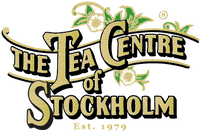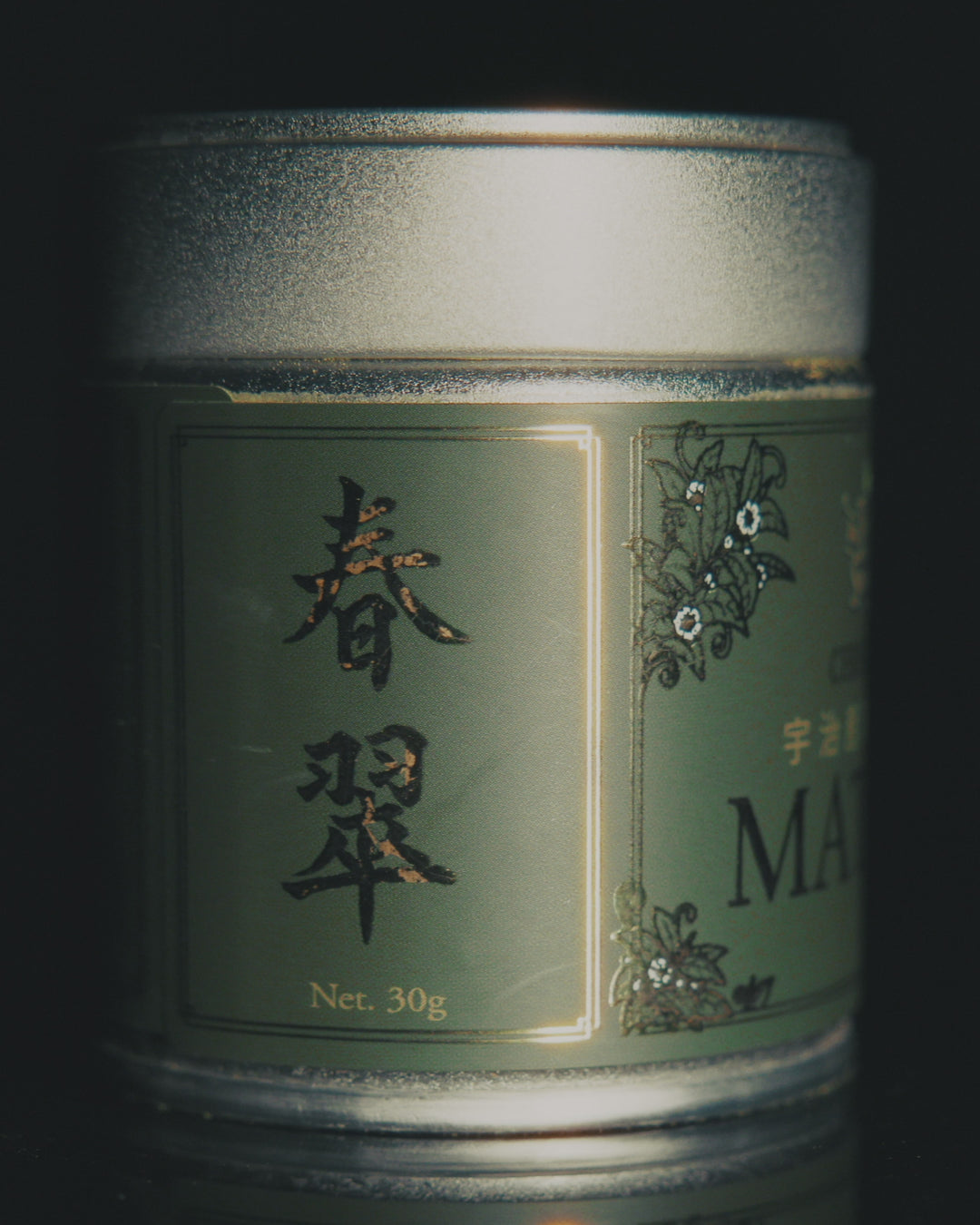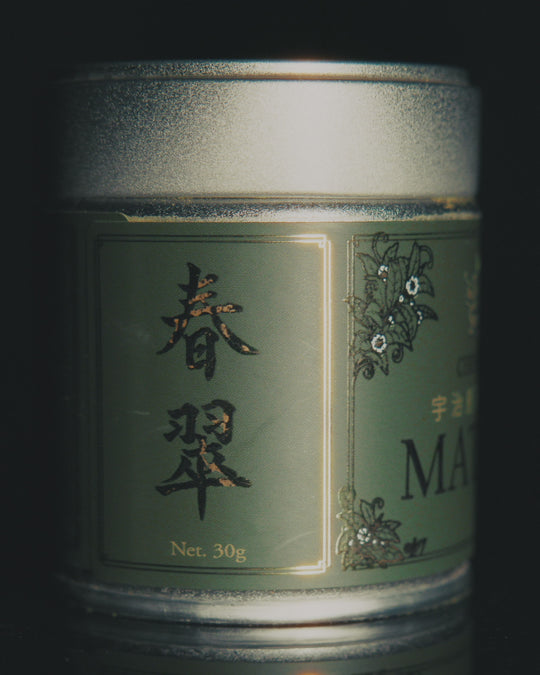FEEL GOOD WITH MATCHA
Discover matcha – the finely ground Japanese green tea that has become a real favorite for both everyday moments and luxurious coffee breaks. Unlike regular green tea, matcha is whisked directly into water or milk, which gives it a fuller flavor, intense green color and a wonderfully creamy feel in the cup.
A bowl of Matcha is full of antioxidants and is equivalent to 10 cups of Japanese green tea.
Why is Matcha better than regular loose teas? While regular loose teas all have some amount of antioxidants, especially green teas, only a limited amount can be extracted in hot water. The remaining healthy substances stay in the leaves and are then thrown away. With Matcha, we can retain all of its nutrients and compounds without wasting any.
Immune system - According to the ORAC (oxygen radical absorbance capacity) antioxidant measurement scale, matcha has a rating of 1,300 units per gram (compared to pomegranates: 105 units per gram and blueberries: 91 units)! Antioxidants can help boost the immune system and fight free radicals in the body that can contribute to inflammation, tissue damage, and aging. Metabolism - Matcha contains a special group of antioxidants called catechins, especially epigallocatechin gallate, or EGCG, which is known to boost metabolism. Matcha can have up to 137 times as much EGCG as regular green tea!
Metabolism - Matcha contains a special group of antioxidants called catechins, especially epigallocatechin gallate or EGCG, which is known to boost metabolism. Matcha can have up to 137 times as much EGCG as regular green tea!
Energy & Focus - Matcha is also full of beneficial amino acids, especially L-theanine, which is unique to tea. This is the amino acid that stimulates the production of alpha waves in the brain, which creates relaxation and concentration at the same time, providing alertness without the jitters and jitters like coffee. It helps with a steady release of energy over hours, which explains matcha's meditative origins.
The text continues further down...
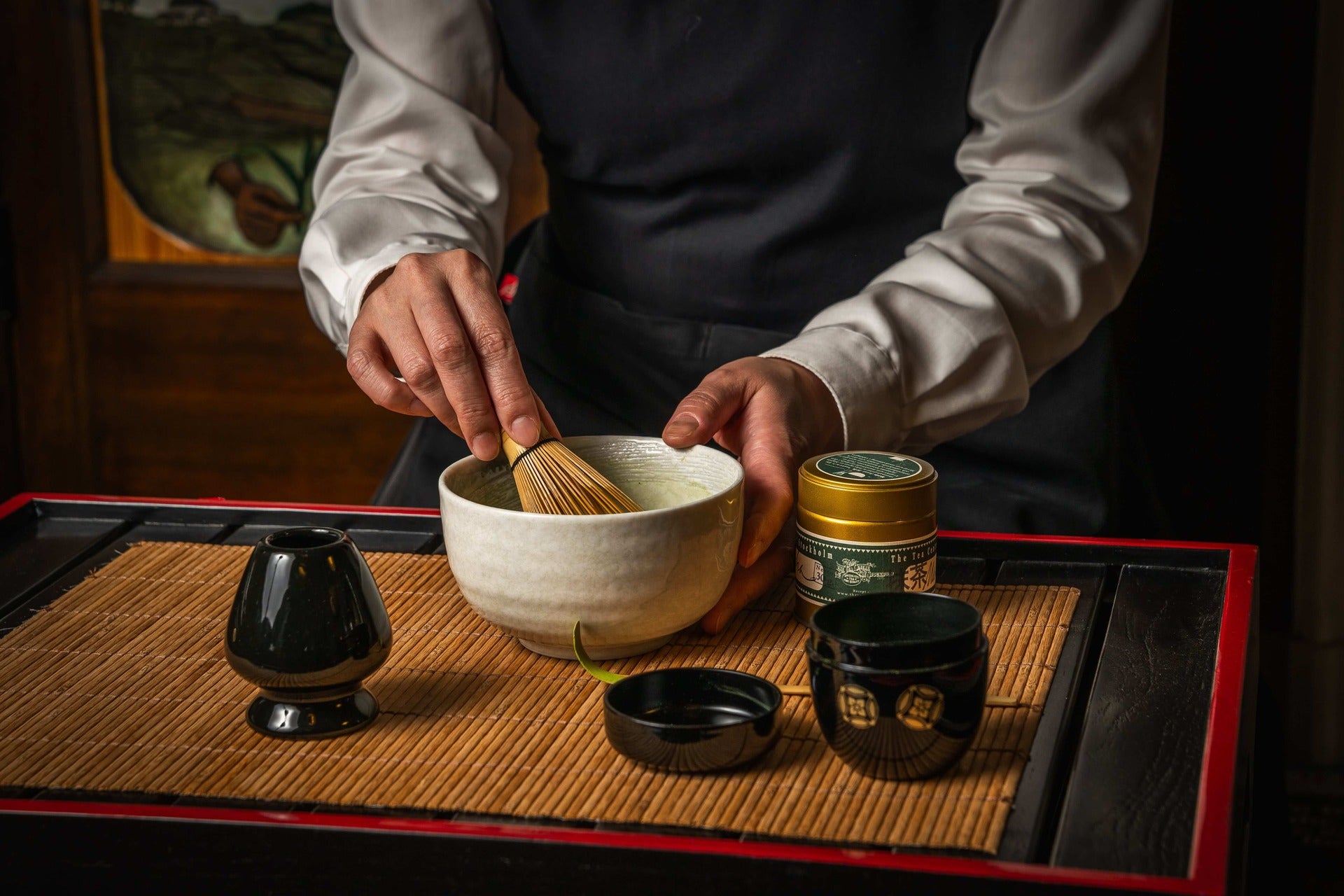
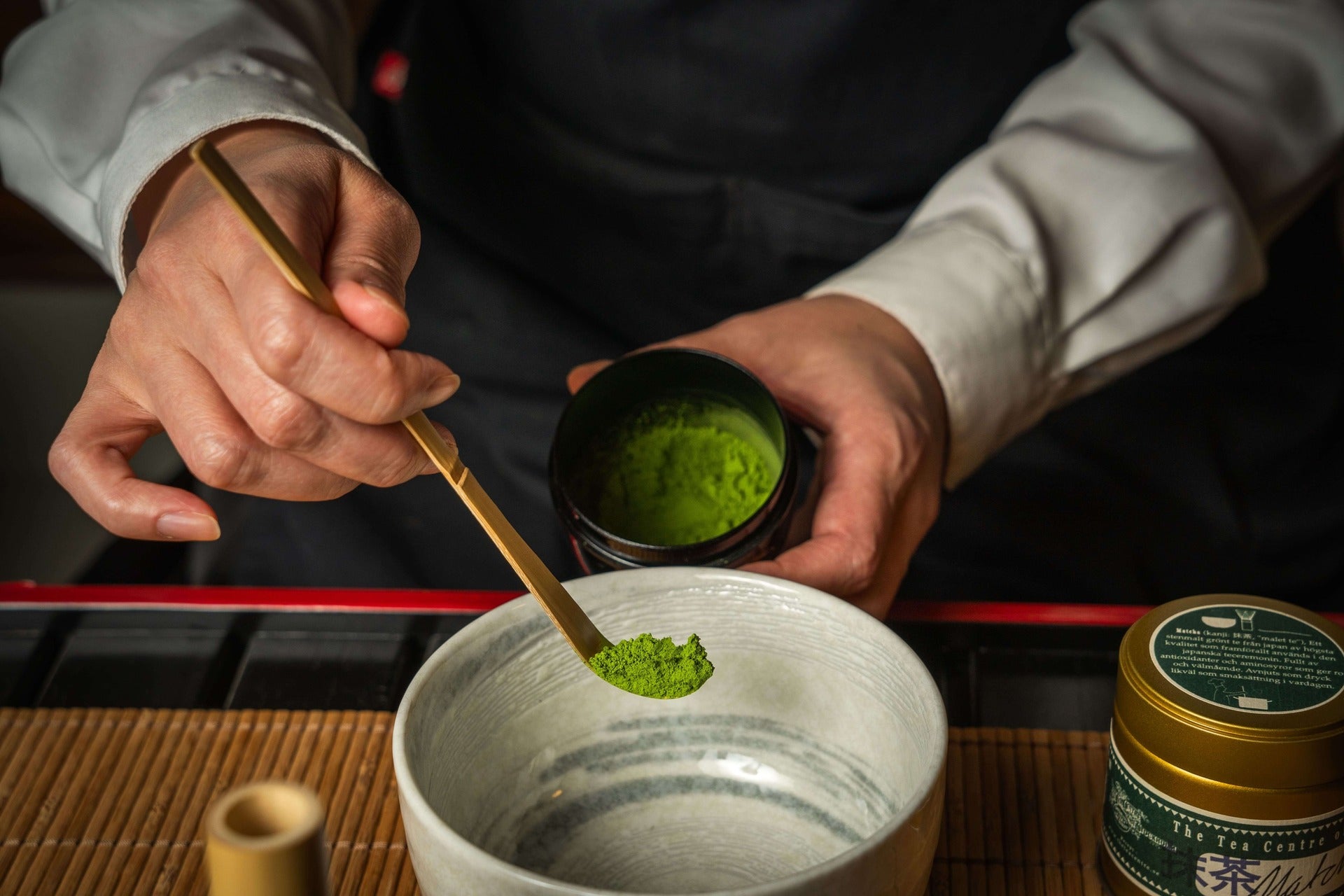
Detoxification - Matcha is packed with chlorophyll, which gives matcha its vibrant, deep green color. Unlike regular green tea leaves, matcha bushes are grown in the shade and protected from the sun for 20-30 days before harvest to increase chlorophyll production and give the leaves a darker green color. Chlorophyll is packed with vitamins and nutrients and can help remove toxins from the body. Research suggests that chlorophyll binds to heavy metals and harmful chemicals and helps start a flushing process that can not only help detoxify the body from toxins ingested through food during the digestive process, but also help get rid of existing body impurities.
Versatile - The best thing about matcha is how easy it is to integrate into your daily routine! Thanks to its powder form, it can be prepared in its traditional format as a beverage - either a regular tea or a latte. But it can also be added as an additive to other drinks or foods, t.ex. smoothies or protein shakes as a powerhouse or as an ingredient in cooking, salad dressings, dips and condiments. Matcha also has top skin benefits and can be whipped into a homemade face mask, body scrub or other beauty products that will give your skin cells its high antioxidant content. The possibilities are endless and we LOVE experimenting with this vibrant green superfood! Some of our favorite new additions to the kitchen are the Bulletproof Matcha Latte or a Matcha Protein Bliss Ball for an easy snack on the go! If you’re feeling adventurous, you can even mix up a Matcha Mojito – it’s all about balance, after all, right? It can be incorporated into your life in pretty much any way you can think of. There’s so much more to life if you’re ready for it!
SCIENTIFIC REFERENCES: Lipophilic and Hydrophilic Antioxidant Capacities of Common Foods in the United States, Journal of Agricultural Food Chemistry 2004, 52, 4026-4037 // ORAC Analysis on Matcha Green Tea: Brunswick Laboratories Cardoso, G., Salgado, J., Cesar, M. and Donado-Pestana, C. (2013). The effects of green tea consumption and resistance training on body composition and resting metabolic rate in overweight or obese women. Journal of medicinal food, 16(2), pp.120–127. Weiss, David J.; Anderton, Christopher R. (2003). "Determination of catechins in matcha green tea by micellar electrokinetic chromatography". Journal of Chromatography A 1011 (1–2): 173–80 Mukhtar H1, Ahmad N (1999). Green tea in chemoprevention of cancer. Toxicology Sciences 52:111 Suganuma M, Okabe S, Sueoka N, Sueoka E, Matsuyama S, Imai K, Nakachi K, Fujiki H (1999). Green tea and cancer chemoprevention. Mutation Research 428(1-2):339-44. Juneja, L (1999). "L-theanine—a unique amino acid of green tea and its relaxation effect in humans". Trends in Food Science & Technology 10 (6–7): 199. Yang GY, Liao J, Kim K, Yurkow EJ, Yang CS. (1998). Inhibition of growth and induction of apoptosis in human cancer cell lines by tea polyphenols. Carcinogenesis 19(4):611-6. Yang F, de Villiers WJ, McClain CJ, Varilek GW. (1998). Green tea polyphenols block endotoxin-induced tumor necrosis factor-production and lethality in a murine model. Journal of Nutrition 128(12):2334-40
